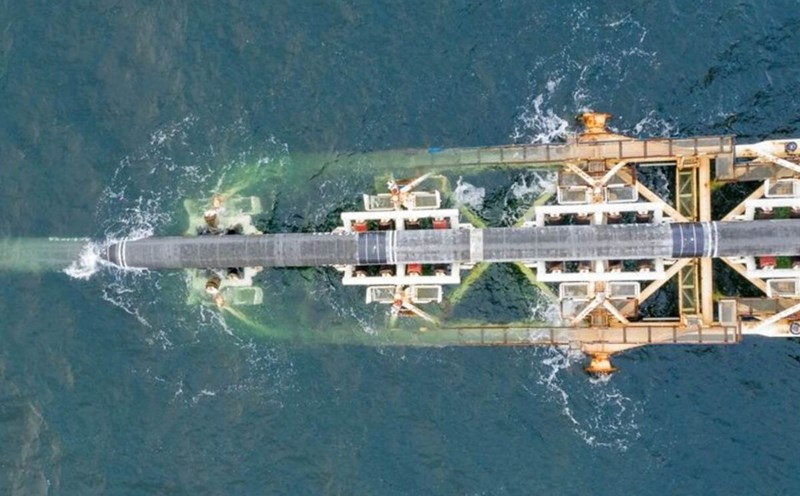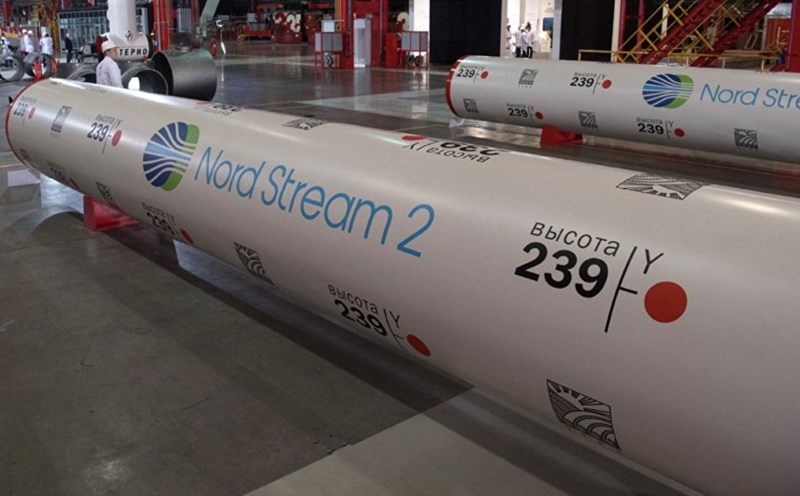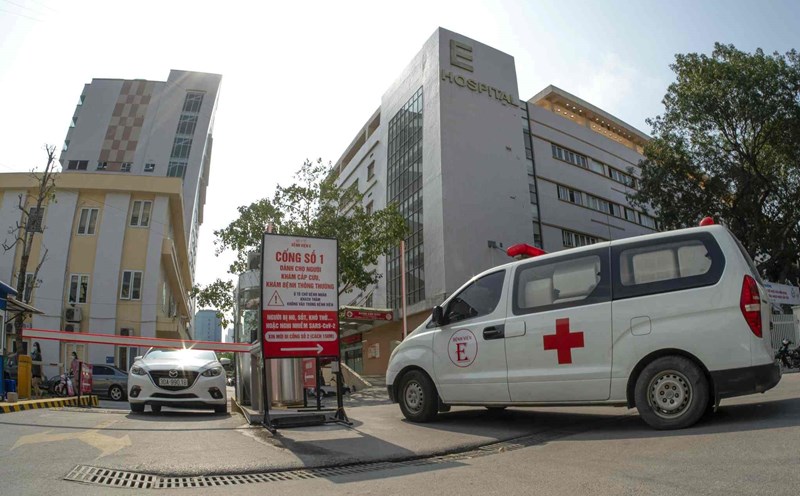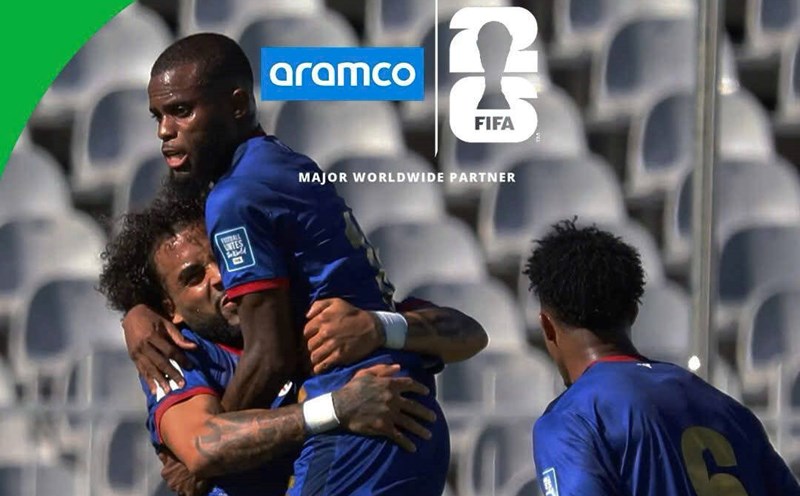The European Union (EU) is witnessing simmering tensions at the eastern border, as relations between Germany and Poland show signs of cracks. The issue was once again heated up after Polish Prime Minister Donald Tusk's attention-grabbing statement regarding the Nord Stream 2 pipeline explosion.
On social media, Donald Tusk wrote: "The problem with Nord Stream 2 is not being brought down, but building it."
This comment was made in the context of Germany proposing to Poland to extradite a Ukrainian suspect accused of participating in the sabotage of the Nord Stream gas pipeline in 2022. Speaking at a press conference on October 7, Prime Minister Donald Tusk said the extradition would be considered by the court, but he strongly opposed the handover of the Ukrainian suspect to Berlin.
Although Mr. Tusk wanted to emphasize that Nord Stream 2 had caused Europe to be too dependent on Russian gas, his speech was still controversial as it was understood as an excuse for the act of sabotage of civil infrastructure. German prosecutors said that the Nord Stream and Nord Stream 2 explosions were an organized operation, suspected of involving groups attached to the Ukrainian army.
For Berlin, the Nord Stream pipeline is a legal asset invested and operated according to international regulations. The sabotage not only caused great economic damage, but also became a sensitive political issue, further complicating relations between Germany, Poland and Ukraine.
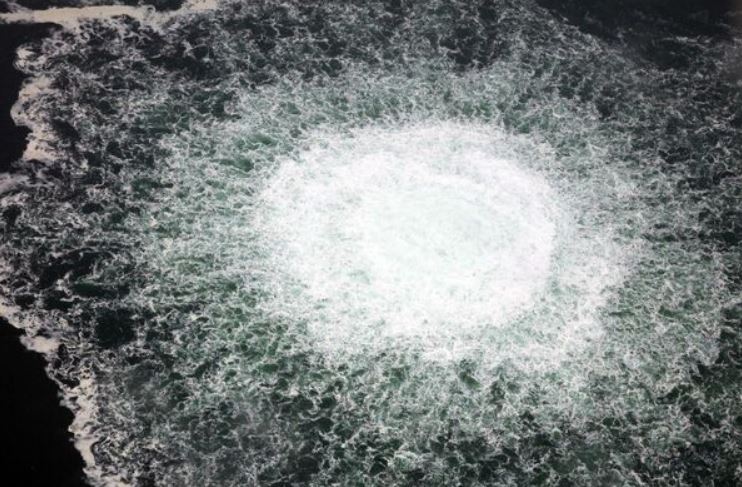
Tensions do not stop at Nord Stream. After taking office, German Chancellor Friedrich Merz stepped up border control with Poland to prevent illegal immigration, which has caused controversy in the Schengen bloc. Warsaw said the move affected bilateral cooperation, especially as both countries were still sharing the burden of receiving Ukrainian refugees.
Meanwhile, the energy heritage of Chancellor Angela Merkel - a strong supporter of the Nord Stream project - remains a controversial topic. Some observers believe that the "prioritizing personal interests" approach in the past has left unpredictable consequences for the East-West relationship in the EU today.
Currently, Germany and Poland still need to coordinate closely on many common issues of the bloc, from EU budget reform to negotiations on Ukraine's join the EU. However, disagreements surrounding Nord Stream 2 suggest that uncertainty remains a major obstacle.
Nord Stream 2, therefore, is not only a story about energy, but also a test of Europe's ability to connect within the bloc in the context of a rapidly changing world. Observers warn that if the crisis of confidence is not addressed, the EU could enter a new period of division.


